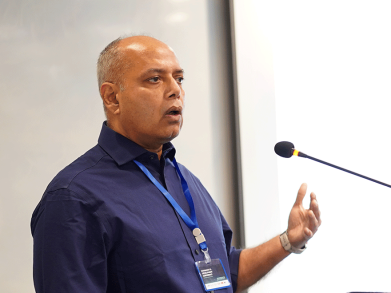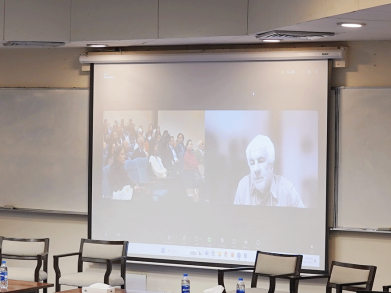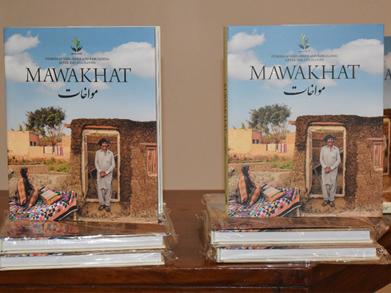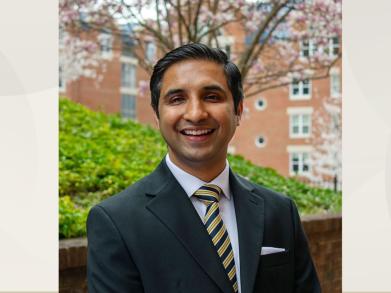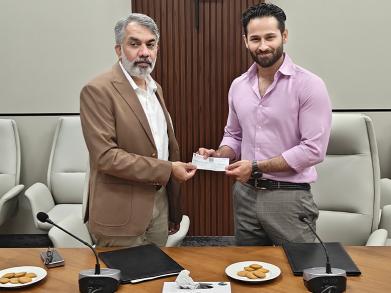Addressing the Need for Faculty Development in Medical Education: The LUMS CHPE Programme
Pakistan is home to one of the largest youth populations in the world, leading to a steadily growing demand for higher education across a range of disciplines, including medicine. In response, the Government of Pakistan has undertaken significant initiatives to enhance higher education institutions in both the public and private sectors. Medical education has followed a similar trajectory of expansion. Currently, there are 107 medical colleges across the country, comprising 40 public and 66 private institutions, collectively producing approximately 32,879 medical graduates annually.
While these institutions effectively train students in clinical skills and medical knowledge, they often lack structured programmes aimed at developing the pedagogical competencies of medical faculty. Consequently, most medical educators enter teaching roles without formal training in education theory, curriculum design, or modern teaching methodologies.
Although the Pakistan Medical Commission (PMC)/Pakistan Medical and Dental Council (PMDC), along with several medical universities, have made limited attempts to address this gap through workshops and certificate programmes, these initiatives often fall short. They generally lack the academic rigour and comprehensive structure required to produce effective and innovative educators in the health professions.
In response to this critical need, LUMS, through the LUMS Learning Institute (LLI), has developed a Certificate in Health Professions Education (CHPE). This programme provides healthcare professionals with a unique opportunity to strengthen their teaching expertise. Its curriculum bridges foundational educational theory with advanced teaching strategies, tailored to the needs of faculty working in both classroom and clinical environments, including the training of postgraduate students, residents, and fellows.
A key distinguishing feature of the CHPE lies in its forward-looking curriculum design. Advanced modules on Research Design and Health Data Science have been integrated in recognition of the vital role that locally conducted translational research plays in improving patient outcomes and informing public health policy. Like many low- and middle-income countries (LMICs), Pakistan suffers from a lack of institutionalised training in research methodology, resulting in a deficit of reliable, disease-specific local data. As a result, clinical practitioners and policymakers often rely on anecdotal evidence or adopt international guidelines developed in contexts with vastly different healthcare infrastructures.
The CHPE programme aims to equip faculty with the skills necessary to conduct meaningful clinical research and train postgraduate students in generating contextually relevant evidence. Additionally, the programme includes a course on Artificial Intelligence in Healthcare, preparing medical professionals to leverage AI technologies in diagnostics, personalised medicine, and healthcare operations—positioning them at the forefront of global medical innovation. By integrating modern pedagogical techniques with essential research and digital skills, the CHPE represents a forward-thinking and transformative opportunity for healthcare educators in Pakistan. It addresses long-standing gaps in faculty development and supports the creation of a more effective, evidence-informed health education system.
The success of this initiative has been driven by the leadership of Dr. Shaper Mirza, whose vision and direction were instrumental in the design and launch of the programme. The LLI team is acknowledged for their meticulous planning and smooth execution, while the teaching faculty are commended for their unwavering commitment to delivering high-quality instruction. Special appreciation is also extended to the Vice Chancellor of the Health Services Academy (HSA) for offering accreditation and providing the institutional support that has been critical to the programme’s establishment.















